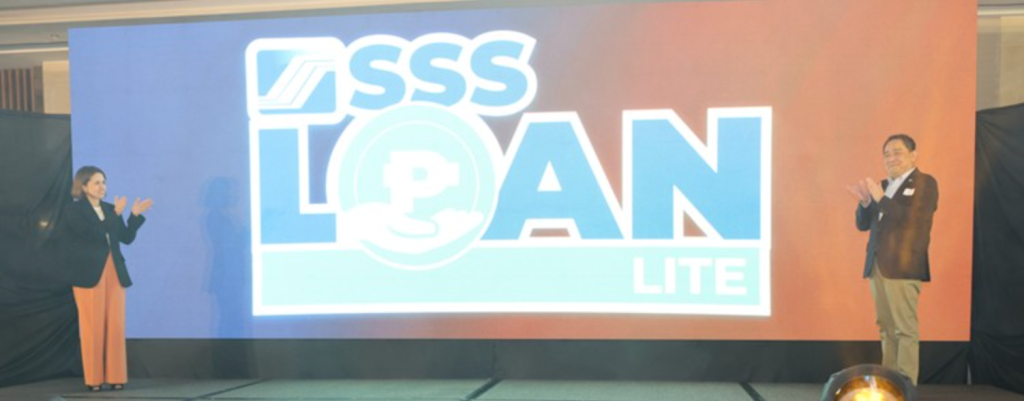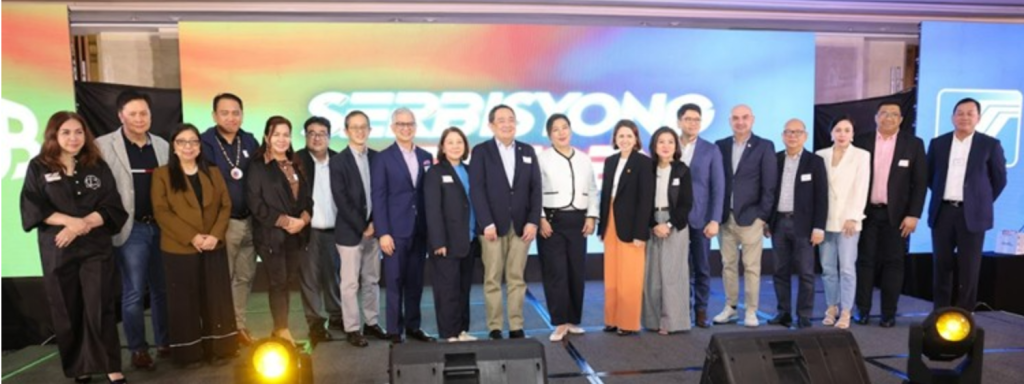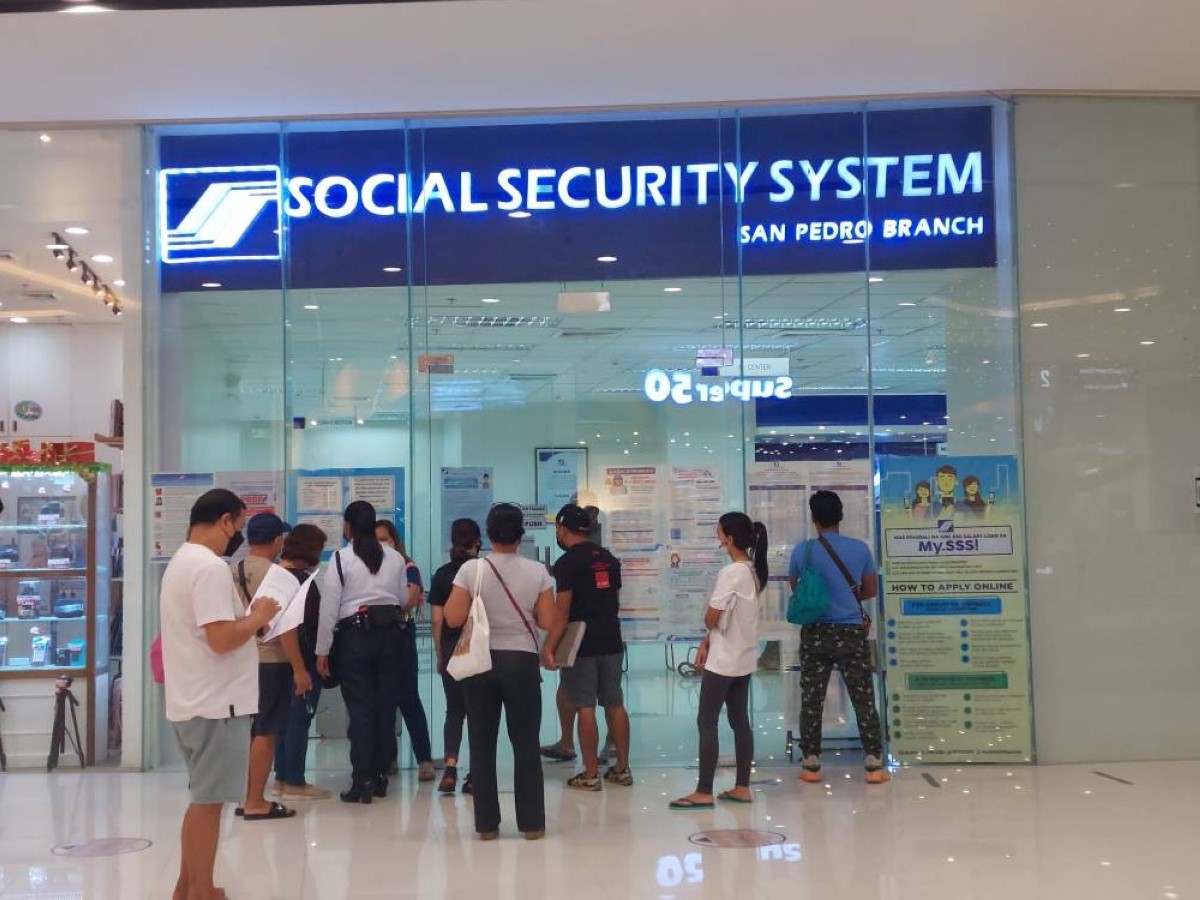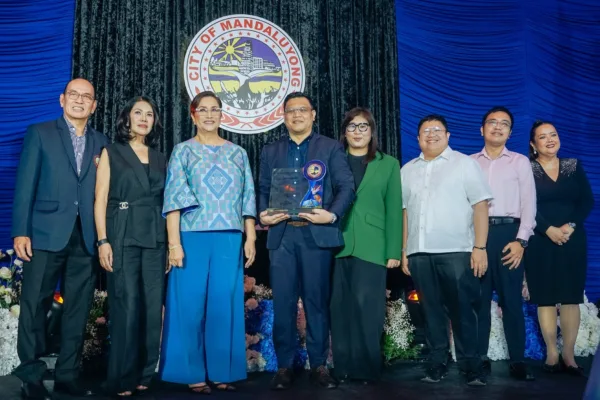In a bold move to confront predatory lending in the Philippines, the Social Security System (SSS) has partnered with UnionBank to launch LoanLite, a new microloan program tailored for SSS members.
The initiative reflects growing concern over the proliferation of high-interest, informal lending schemes targeting underserved Filipinos. As fintech and traditional finance increasingly converge, LoanLite signals a model of responsible inclusivity — one that the sector must watch closely.
This article delves into LoanLite’s mechanics, the challenges it faces in execution, and its potential impact on the Philippine lending ecosystem.

What is LoanLite and its key features
LoanLite is a microloan facility accessible to SSS contributors, designed to provide low-cost, short-term credit alternatives to predatory lenders. It leverages SSS membership as a basis for eligibility, thus reducing reliance on traditional credit history checks.

Its key features include:
- Affordable interest rates — The program aims to maintain rates significantly lower than the typical thresholds in informal lending.
- Short tenors and manageable amounts — Loans are sized to cover emergencies and small needs without burdening borrowers with large repayment obligations.
- Streamlined application — Done via digital or hybrid channels, eligible members can apply with minimal paperwork and receive funds more quickly.
By aligning a trusted institution like SSS with a commercial bank, the partnership seeks to bring legitimacy, scale, and reach to microcredit. This is especially important in a market where many vulnerable borrowers resort to loan sharks or exploitative “5-6” schemes.
Tackling the predatory lending problem
Predatory lending has long plagued low-income Filipinos, especially those with limited access to formal credit. Many borrowers fall into vicious cycles of debt, paying unconscionable interest and penalties that eat into their income.

LoanLite addresses this by introducing a regulated alternative. Because SSS already maintains detailed member data, credit risk can be more accurately assessed even for those outside traditional banking. This reduces reliance on opaque, exploitative underwriting models.
Moreover, by enforcing transparent terms and caps on fees, LoanLite helps educate borrowers about reasonable lending practices. This shift could push informal lenders to moderate their pricing or cede ground to more ethical financial products.
However, enforcement is crucial: if LoanLite is poorly managed, delayed, or underfunded, borrowers might still turn to worse options. The government and regulatory bodies must monitor uptake, default rates, and the impact on the informal lending sphere.
Challenges in implementation
While the concept is promising, several hurdles could hamper LoanLite’s success.

- Risk of adverse selection and default — Some members who apply may be high risk. If the underwriting is too lenient, defaults can erode the program’s viability. Balancing financial inclusion with credit discipline will be delicate.
- Integration and infrastructure gaps — SSS and UnionBank need interoperable systems, robust data sharing, and secure platforms. Any friction in application, verification, or disbursement may discourage adoption, particularly in rural or underserved areas.
- Regulatory oversight and governance — Strong oversight is essential to ensure rates stay within acceptable bounds, that enforcement is consistent, and that no hidden fees creep in. Transparent reporting and accountability will build trust among members and the market.
- Competition with fintech and informal lenders — Fintech lenders or informal operators already entrenched in communities may resist or undercut LoanLite with aggressive tactics. LoanLite must compete not just in ethics but also in speed, convenience, and awareness.
Potential impact on PH lending ecosystem

If well-executed, LoanLite could shift norms in microcredit across the country.
- Boost in financial inclusion — Many Filipinos lack access to safe, affordable credit. LoanLite could bring more workers into responsible lending channels, building credit histories and reducing reliance on informal lenders.
- Market discipline encouragement — By introducing a credible alternative with fair terms, LoanLite may push fintech lenders and informal operators toward better practices, or force under-serving providers to improve.
- Enhanced member loyalty and institutional trust — SSS deepens its role beyond social protection into financial empowerment. That could increase engagement with its wider services and strengthen public trust in government-backed financial solutions.
- Cautionary lessons for scalability — LoanLite’s performance in initial phases will serve as a pilot for future programs. Success will require balancing scale, risk, governance, and member education.
Can LoanLite curb predatory lending in PH?
LoanLite represents a bold intersection of public social protection and financial inclusion. In theory, it holds the power to reshape microcredit in the Philippines—cutting out exploitative middlemen and offering SSS members a viable, safer choice.
But theory alone won’t suffice. Success hinges on rigorous implementation, strong governance, and persistent monitoring. If LoanLite delivers on its promise, it could become the blueprint for other “ethical credit” programs across Southeast Asia — and a turning point in the fight against predatory lending in the Philippines.








